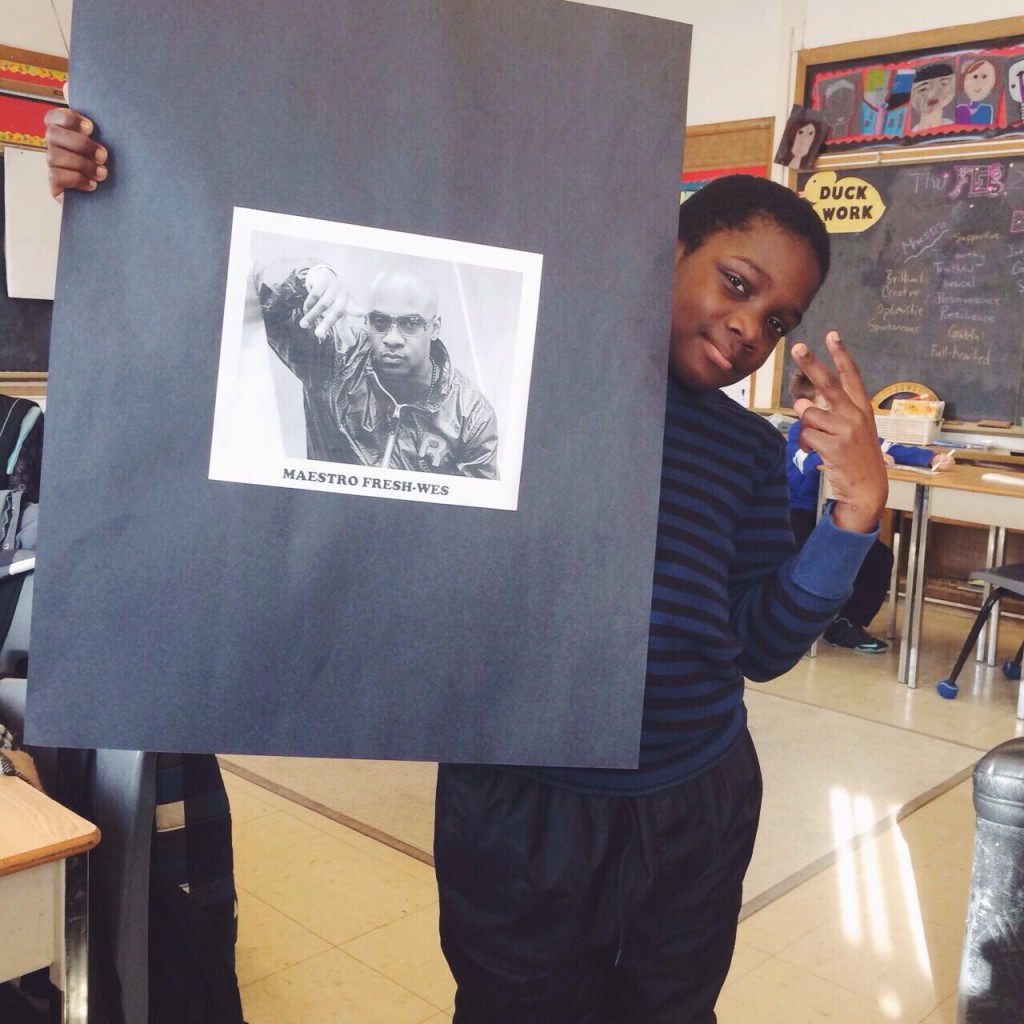Aside from all the cynicism surrounding the short month of February, Black History Month is currently our best opportunity at fostering a sense of the importance of black life and culture within our students. Here are 5 school ideas for Black History Month:
1. Ask Students
This is a great starting point for any and every classroom teacher. Regardless of so-called expertise with the content Black History or not, a great first lesson or activity that can be done at the beginning of February is to throw the topic of “Black History Month” to your students. A dialogue with students born into a generation that now has some semblance of equality, racial tolerance and even a black president is sure to spark some candid discussion about racism, black life and humanity. I am no longer surprised to hear students talk about “things being fine now” or opinions that represent quite contrasting sentiments. Education has been moving towards a student-driven inquiry model, why should the teaching, or celebrating of Black History Month be any different? No doubt, a student-centered discussion has the potential to spark some lessons, activity ideas and projects regarding BHM.
2. Suture History with the Present
By the time students enter high school, they should be well versed in the accomplishments, or at least the figures, or Martin Luther King Jr., Rosa Parks, and Harriet Tubman. We can never discount or undervalue the impact these monumental figures made on black life. But if we continue to dole out the same lessons, presentations and projects involving the same figures, we run the risk of their importance being disconnected, or at worst, lost on the new generation. How does Martin Luther King Jr. relate to today? I am not a kid anymore, but I would assume that a lot of kids (of any color) are asking themselves this question while sitting in classrooms across the country this time of year. A guiding question like this is an example of the discussions held by staff (and students) that has the potential to steer some new and engaging learning opportunities if raised and contemplated.
3. Connect Hip Hop Culture
I preface this by stating that music, or sports, or entertainment should not be held on a pedestal, or a “look what black people can do,” without challenging the complexity of culture, society and stereotypes. But it is about time we use Hip-Hop in particular to illuminate on the creativity, consciousness, and resilience that black culture has fostered one decade after another. Hip-Hop is current black culture, and despite its naysayers, has an impact not just on black people but society at large. And if taught properly, students will see the positive impact that hip-hop can and continues to have on black life. Listen to some J.Cole or Kendrick Lamar, read up on some articles by Marc Lamont Hill or Chris Emdin, and use this powerful art form in a positive way that allows kids to engage and reflect on a culture that they are already all a part of.
4. Invest in Local Relevance
Who are the prominent black figures in your community? You don’t have to invent hundreds of uses for peanuts just to be considered important. Celebrating Black History Month without celebrating important local figures from your town, city, or region does a disservice to the students who are sitting in your classroom. A student knowing that a few black people from his area did (or are doing) noteworthy things, makes relevance and engagement in the celebration that much more reassuring.
5. Extend Beyond (or Before) February
I am sorry but I would be remiss if I did not mention this all-too mentionable FACT. Yes, Black History Month is celebrated in the month of February. But that doesn’t mean that if you start an activity half-way through the month that you have to stop it come March 1st. It also doesn’t mean that you are forbidden from including topics, teachings, and issues that are prime for Black History Month in any school month before, or after, February. Every teacher has pressure to get their curriculum in, but this shit has the potential to be engaging and impactful on a community if it is viewed as more than a “check-off” on the old annual learning agenda. If Black History is checked-in and checked-out by teachers and the school, how can we expect students to not do the same with it?
—
I am not trying to come off as some master teacher or present some preach-y “thou shalt” prescription to follow. I am just another young, black, teacher trying to share a few thoughts on how best to capitalize on an important culture and history while figuring out how best to do it myself. Bottom line: this month is important and educators should be conscious of how they celebrate Black History Month. I hope some teachers out there will try a few things and experiment with their own best practices.
[share title=”Share this Post” facebook=”true” twitter=”true” google_plus=”true”]

